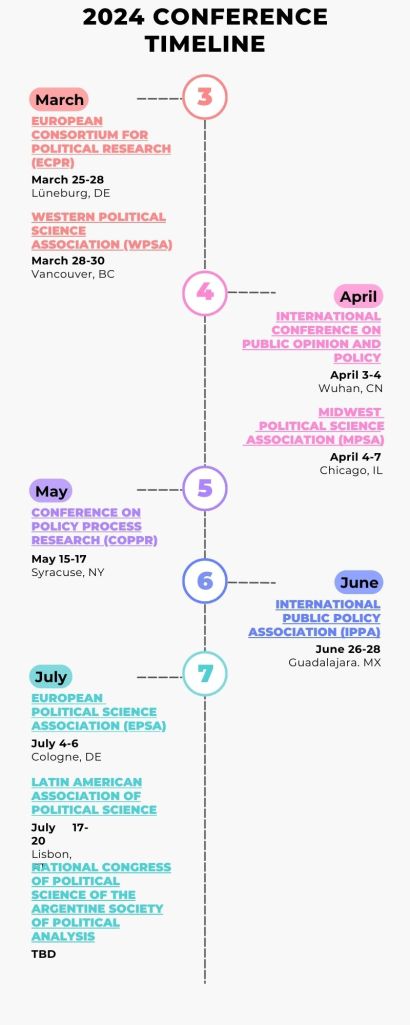Policy advice remains a core activity in established theories of the policy process and key policymaking activity within and outside of governments. Policy scholars have increasingly adopted a systems view, researching policy advisory systems (PAS) – the assemblage of formal and informal advisory units and practices both inside and outside of government that exist at a given time and with which governments and other actors engage for policy formulation and implementation purposes (Craft & Halligan, 2020).
PAS are important arenas for policymaking where various types of policy advice, including expertise, political advice, technical advice, are sifted and sorted. They reflect the diverse array of policy advisers including public servants, think tanks, consultants, and political advisers, who are engaged in policy-relevant advisory activity within and around governments. The PAS concept recognizes important distinctions that often characterize the structure, components, outputs, and dynamics of these systems across a range of policy activities.
This special issue invites papers that engage with big questions that have emerged from a vibrant research programme on PAS and seek to better integrate mainstream policy process theories into the study of PAS. These include papers that:
● Examine how systems of policy advice are configured and operate in different countries or policy domains.
● Focus on how and why these systems of policy advice change and evolve.
● Adopt policy process theories or explore the intersection and relevance of policy process theory to the PAS.
● Theorize or empirically study how policy influence is gained, exercised, or lost in PAS.
● Explore what constitutes effective and well-functioning systems of policy advice.
● Investigate PAS and specific policymaking activities (e.g., agenda setting, formulation, implementation, evaluation, stakeholder relations, etc.).
● Offer critical analysis of key theoretical, methodological, or empirical aspects of policy advising or PAS.
** The deadline for submitting a manuscript for the Special Issue is August 15, 2024 **
Potential contributors to the Special Issue may participate in a “Peer Paper Exchange” in the Spring of 2024 through which authors can obtain informal feedback from peers who also plan to submit a paper for the Special Issue and opt to participate in the Exchange. Each paper will be reviewed by 1-2 peers who will provide informal written feedback. Participation in the Exchange is intended to support the development of papers but has no bearing on the peer review process that will be undertaken by PSJ once papers are submitted to the Journal; that review process is formal and entirely independent of the “Peer Paper Exchange.”
To participate in the “Peer Paper Exchange,” please submit a one-page abstract that explains your research question, contribution of your paper to scholarship on PAS, and the data and methodological approaches you plan to use to answer your research question, along with the paper title and author information. This is due by April 25th. Notifications of acceptance to participate in the “Peer Paper Exchange” will be made by May 9th.
Authors participating in the Exchange must share their draft papers with fellow Exchange participants by July 4th. Comments from the Exchange peer review will be returned to authors by July 25th.
To apply for the “Peer Paper Exchange,” please visit: https://uark.qualtrics.com/jfe/form/SV_01AlQKG8cGMkKqO
If you have any questions about the submission process or the “Peer Paper Exchange,” please contact Dr. Holly Peterson (PSJ Associate Editor) at policystudiesjournal@gmail.com.




